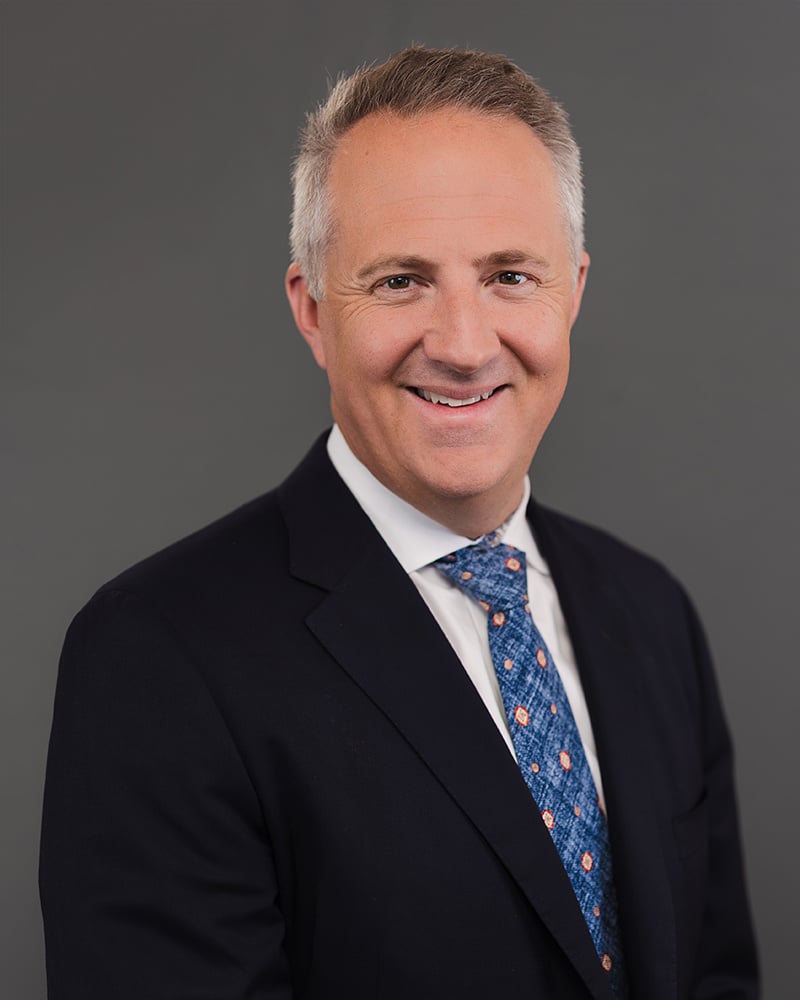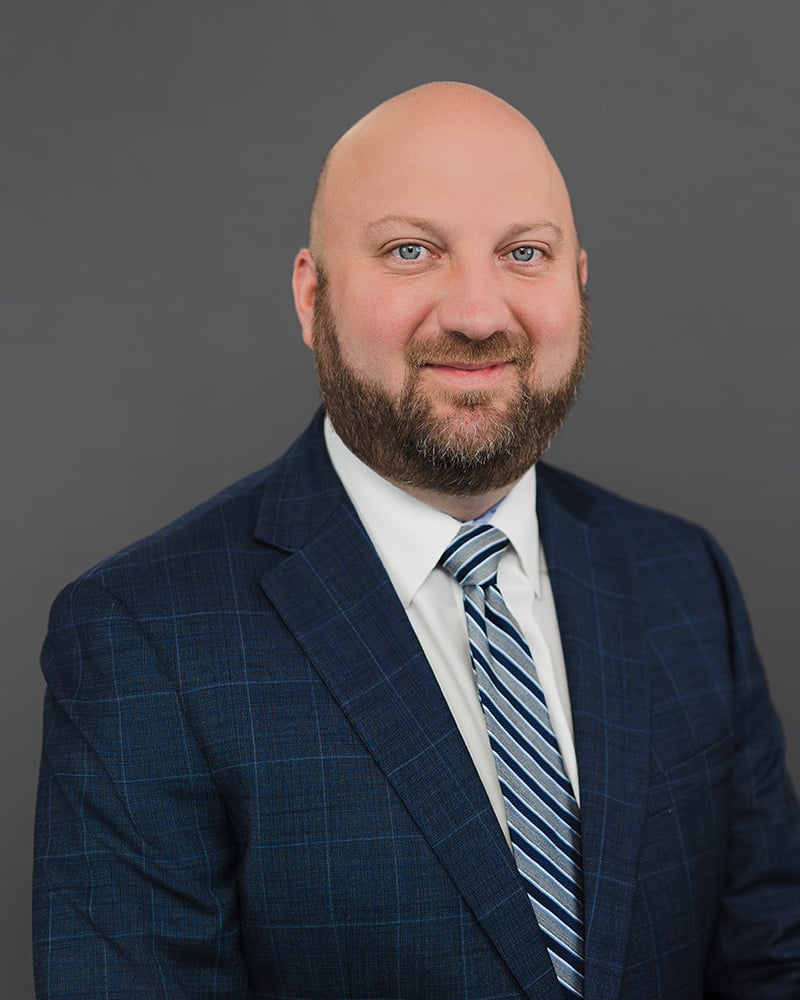2025 Government Relations Legislative Update - Week Twelve
By: Matthew H. McKinney, R.G. Schwarm & Julie A. Smith

Capitol Update
The second funnel is here and gone. Neither the House or Senate had floor debate this week, instead concentrating on subcommittees and Committee meetings. Next week (week 13) joint rules require that the Senate considers only House bills, House joint resolutions, and unfinished business and the House considers only Senate bills, Senate joint resolutions, and unfinished business. Most of the Governor’s appointees were approved by Senate Standing Committees this week and both the House and Senate Standing Committees have held their last meetings for the session. Focus will now turn to taxes and appropriations. The Senate and House Ways and Means and Appropriations Committees will meet more over the next few weeks.
The Governor signed SF 22, hands-free legislation on Wednesday. In a room overflowing with supporters of the bill, including legislators, the Governor declared that the bill will “save lives”. The bill prohibits use of an electronic device while driving - other than use of a device in a “voice-activated or hands-free mode.” The bill goes into effect on July 1, 2025, but provides for warning citations to be issued until January 1, 2026. After that date, a violation is a moving violation and is punishable with a scheduled fine of $100. For a detailed analysis of what is in the bill, please see our Week 10 blog.
Democratic Representative Sami Scheetz resigned on Tuesday April 1. Scheetz, who represents House District 78 was appointed to the Linn County Board of Supervisors. As reported in an earlier newsletter, Iowa Code section 69.14 requires the Governor to set a special election at the “earliest practical time” with at least 18 days notice of the special election. This will be the third special election so far this session.
The Governor’s Energy Bill, SF 585, moved out of the Senate Appropriations Subcommittee on Tuesday. A provision in the bill, allowing incumbent Iowa transmission owners the right of first refusal (ROFR) to build transmission, has been controversial for many years and continues to be so. It was the subject of an Iowa Supreme Court case stemming from inclusion of the provision in a larger bill considered on the last day of the 2020 legislative session. Several legislators requested an opinion from the United States Department of Justice regarding the competitiveness of the ROFR provision. At the subcommittee, a letter from the U.S. Assistant Attorney General Abigail Slater was referenced, which raises concerns that the ROFR language would “diminish competition in efforts to build out energy infrastructure nationwide on the heels of President Donald Trump's executive order declaring a national energy emergency." In response, Governor Reynolds sent a response letter stating that, “implementing ROFR is the most effective way to ensure that federally registered transmission line projects are built efficiently and reliably.” Next step for the Senate bill is consideration in the full Senate Appropriations Committee. The House version, HF 834, must be considered by a Subcommittee of the House Ways and Means Committee. The bills are funnel-proof and can be considered until the end of session.
Pipeline issues continued to be front and center on Wednesday at the Capitol. HF 639, a bill the House passed over to the Senate last week by a vote of 85-10, was amended on the House Floor to include several House priority bills to address issues regarding the carbon dioxide pipelines and landowner rights. To be funnel-proof, the bill was considered in a Senate subcommittee and later in the Senate Commerce Committee on Wednesday. A substantive strike-after amendment was proposed by Chairperson Mike Bousselot and was adopted on a partisan vote by the Senate Commerce Committee, see S-3064. The amendment kept some of the House provisions and included several new provisions which were designed to impact ALL utilities, not just hazardous liquid pipelines. The provisions allow for voluntary easements outside the noticed corridor and expanded damages, but did not include limitations on the use of eminent domain. The next step for the bill is debate on the Senate floor. It is likely to remain an issue until the end of session.
The Governor released the names of the members appointed to Iowa’s DOGE Task Force and in the same Press Release announced the first meeting, which was held on Wednesday. The purpose of the DOGE Task Force is to “continue Iowa’s ongoing efforts to successfully improve effectiveness and efficiency in government at all levels.” Task Force members include representatives from business and county government and include non-voting Republican legislators, Senator Dan Dawson and Representative Hans Wilz. To see members of the Task Force, click here. The next meeting of the Task Force will be held in 60 days and according to the Governor’s initial Order, the Task Force must complete recommendations for legislation during the 2026 legislative session within 180 days of the first meeting. The DOGE website includes a link for citizen input on ideas for a more efficient Iowa government.
In The Know
A bill that has been around for many years may finally see passage this session, known as the Public Protection Expression Act or anti-SLAPP bill. SF 47 expedites the exercise of first amendment rights. The bill came to the Iowa Legislature from the Uniform Law Commission (ULC). A little known entity, the Iowa ULC was first established in Iowa law in 1921. See, 39 GA, chapter 201. Found in Chapter 5 of the Iowa Code, it is largely unchanged since it was added in 1921.
The Iowa ULC has three commissioners appointed by the Governor to represent Iowa at the national commission of uniform laws. The current Iowa members are Craig Long and George Eichhorn. Iowa Code Section 5.4 sets forth the duties of the Commissioners to attend the meeting of the national conference of commissioners on uniform state laws and to do “all in their power to promote uniformity in state laws, upon all subjects where uniformity is deemed desirable and practicable.” The commission is required to file an annual report detailing activities and recommendations for legislation. The National ULC is a government service organization with commissioners appointed from all 50 states. It promotes uniformity in state laws, by developing laws in a nonpartisan fashion and encouraging states to enact the laws and not the federal government. Areas of uniformity include family law, commercial and business laws. For more information on the national ULC, click here. If group drafting sounds enjoyable to you, you may want to consider applying to be an Iowa Commissioner, there is an opening.
Scene on the Hill

April 2, 2025: Surrounded by hands-free advocates—including law enforcement, lawmakers, advocacy groups, and impacted family members—Governor Reynolds addresses attendees just before signing SF 22 into law.



